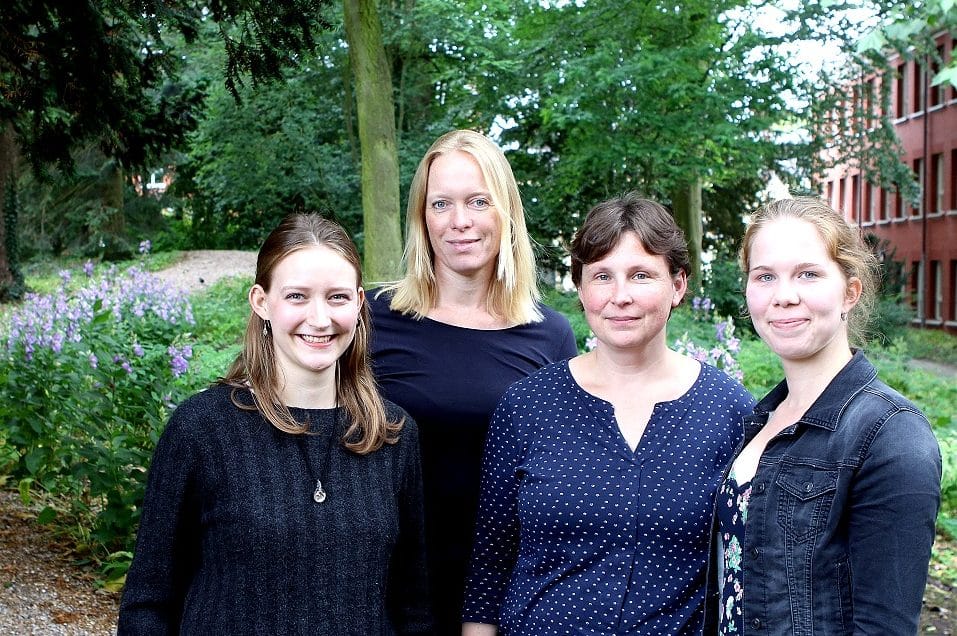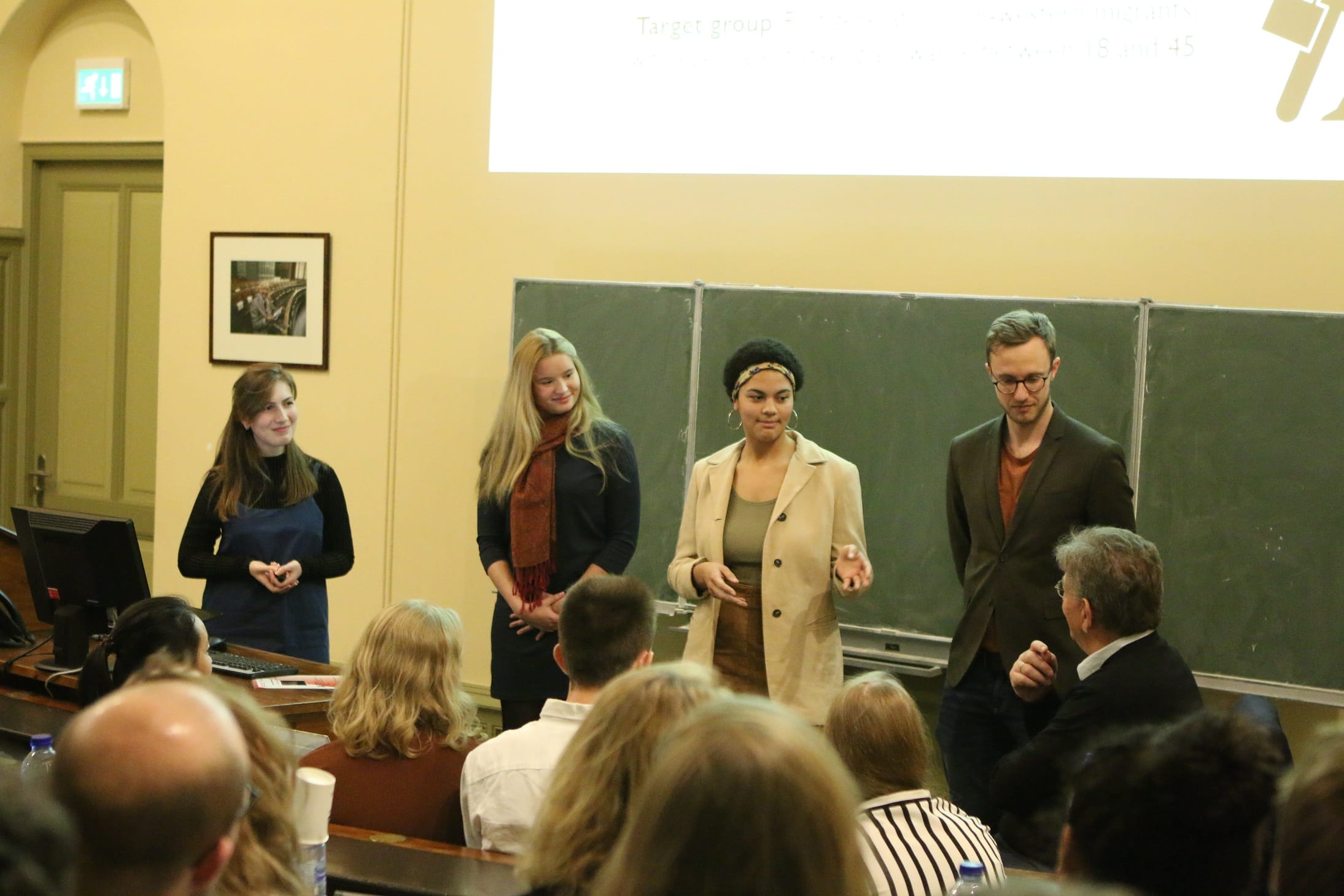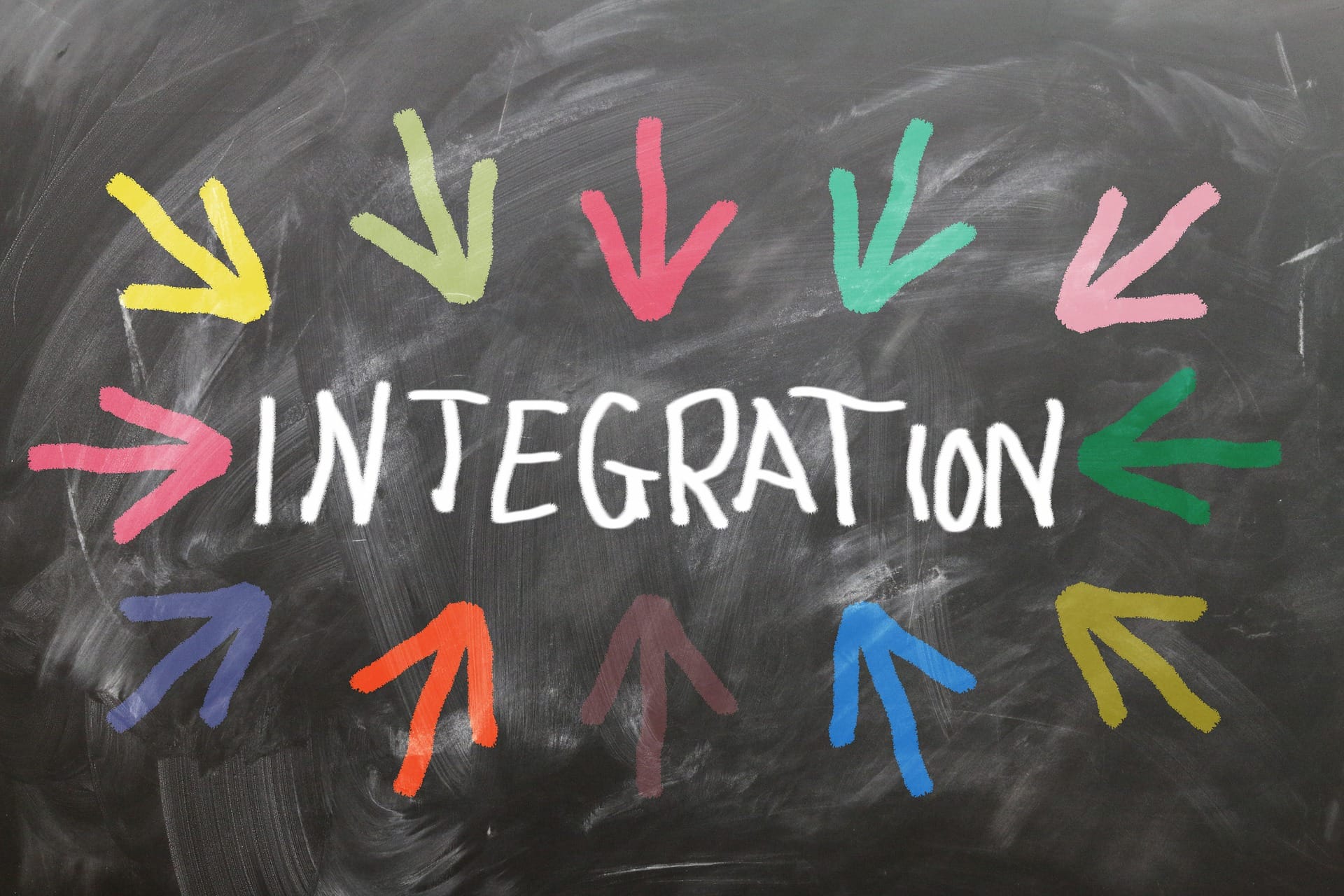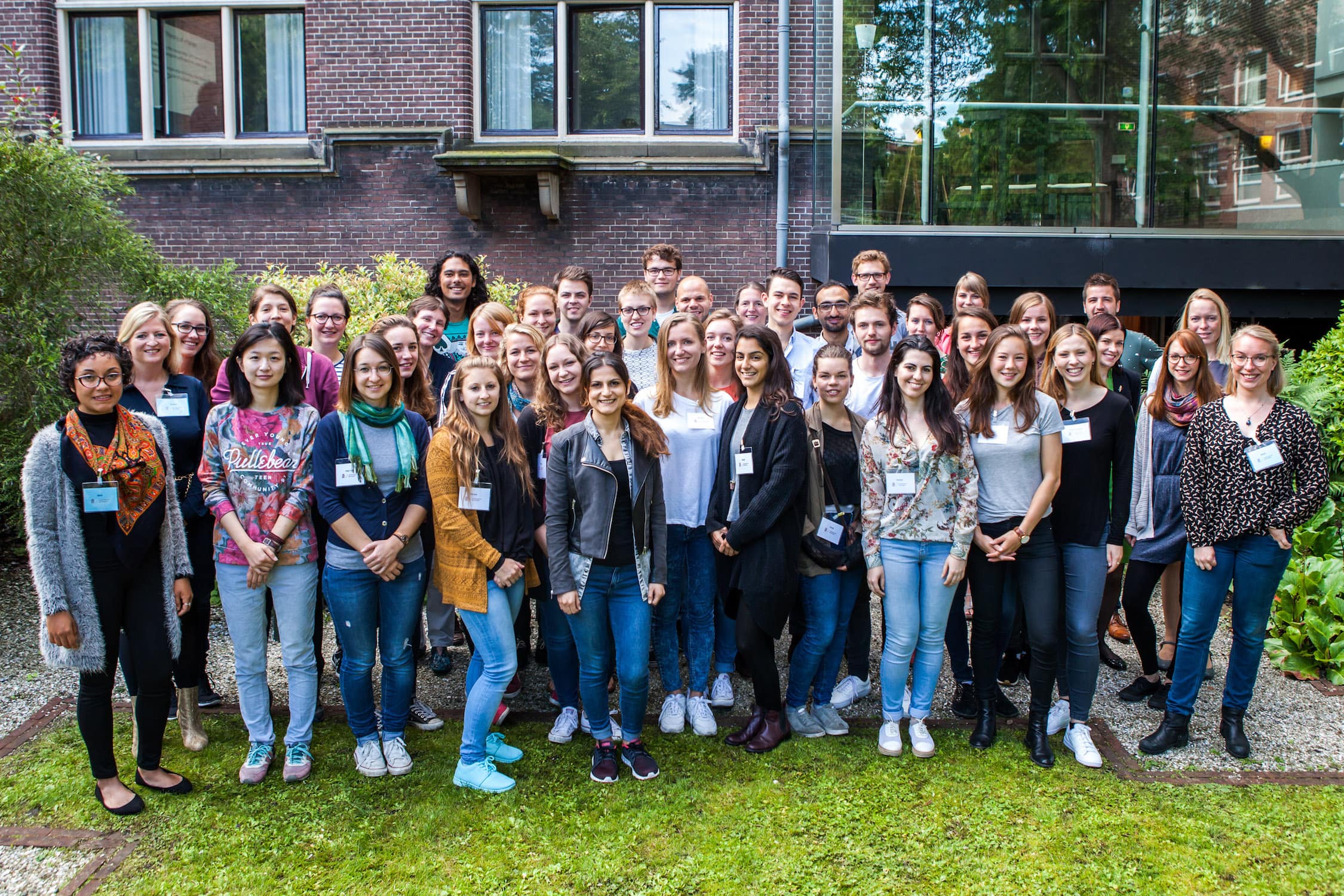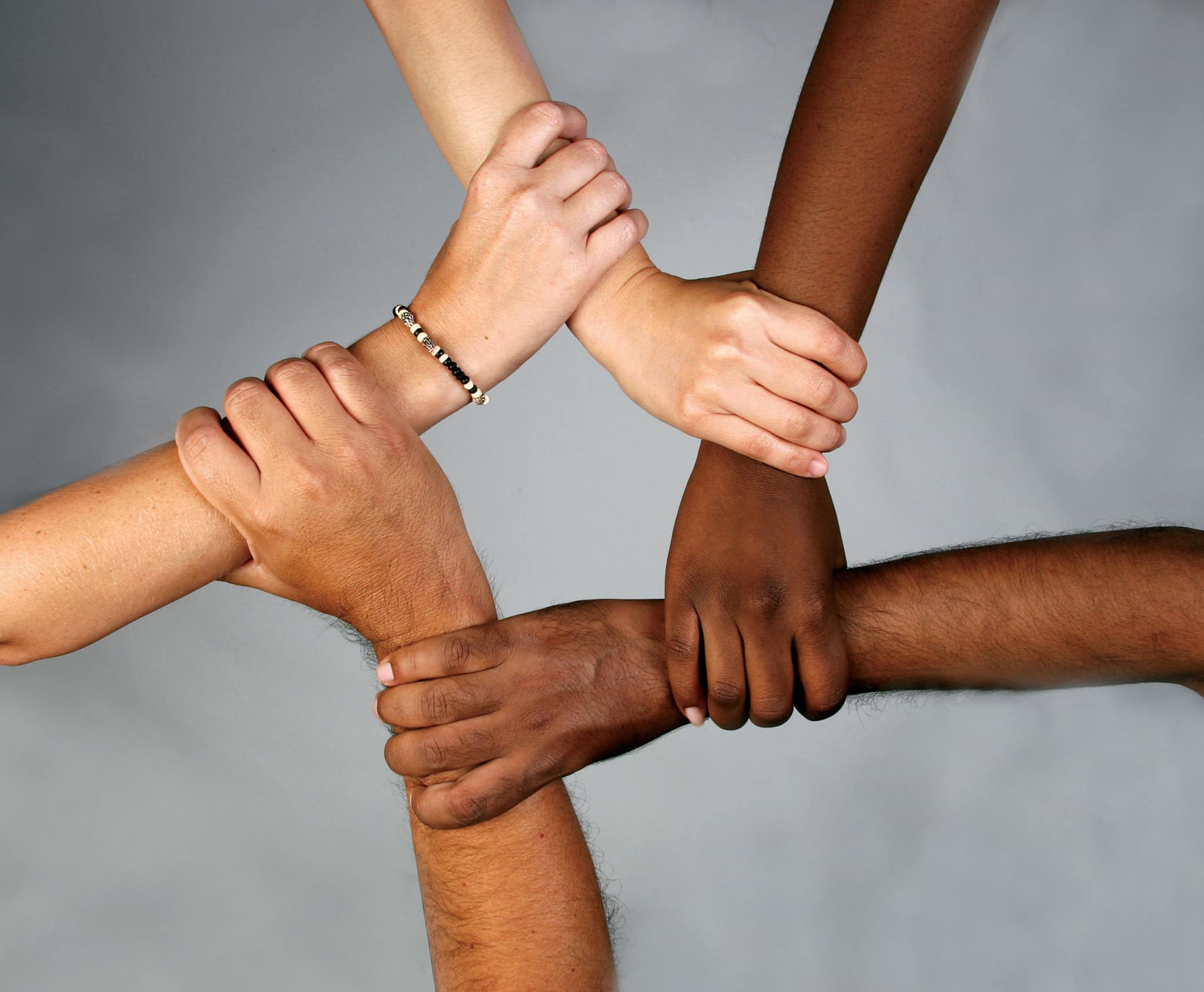From February 2019 onwards, Hanneke Leeuwestein will start with her PhD project (funded by the National Initiative for Education Research/Nationaal Regieorgaan Onderwijsonderzoek/NRO). The goal of this project is to study if a new lesson package for learning Dutch as a second language, aimed at young refugee students, is effective. We will also investigate how children’s […]
After 2.5 years only 11% of the refugees who arrived in the Netherlands in 2014 have found a paid job. Together with The Hague Process, researchers and students from the RUG are investigating the challenges refugees face when finding a job and are developing a training to prepare Dutch employers to hire and integrate new refugees. Society and science can learn from each other.
Monday evening, January 15th, 5pm: usually students attend lectures in this room. However, today 12 students and their two lecturers have invited seven policy makers and representatives of different NGOs and academia to listen to and discuss their proposals to improve current practices of labour market integration of refugees.
Drawing on his experiences of working with refugees during the 2015 refugee crisis Joel Fischer argues that a practical intervention based on the resilience approach is essential for creating a sustainable society. This approach takes factors such as the individual level and the family level into account and allows for respective interventions.
Last summer, students, refugees, academics, and practitioners from different nations and disciplines came together to explore the complexity of migration, the problems around it, and alternatives to current practices in policy and society at the RUG. The summer school ‘Migration Matters’ resulted in three concrete student initiatives to improve the lives of refugees.
The huge stream of immigrants comes with many challenges. These challenges often have an underlying psychological aspect. Psychological theories can therefore help to understand the impact of immigration on both immigrants and locals. They can also be used to develop interventions that could improve the understanding between immigrants and locals.


